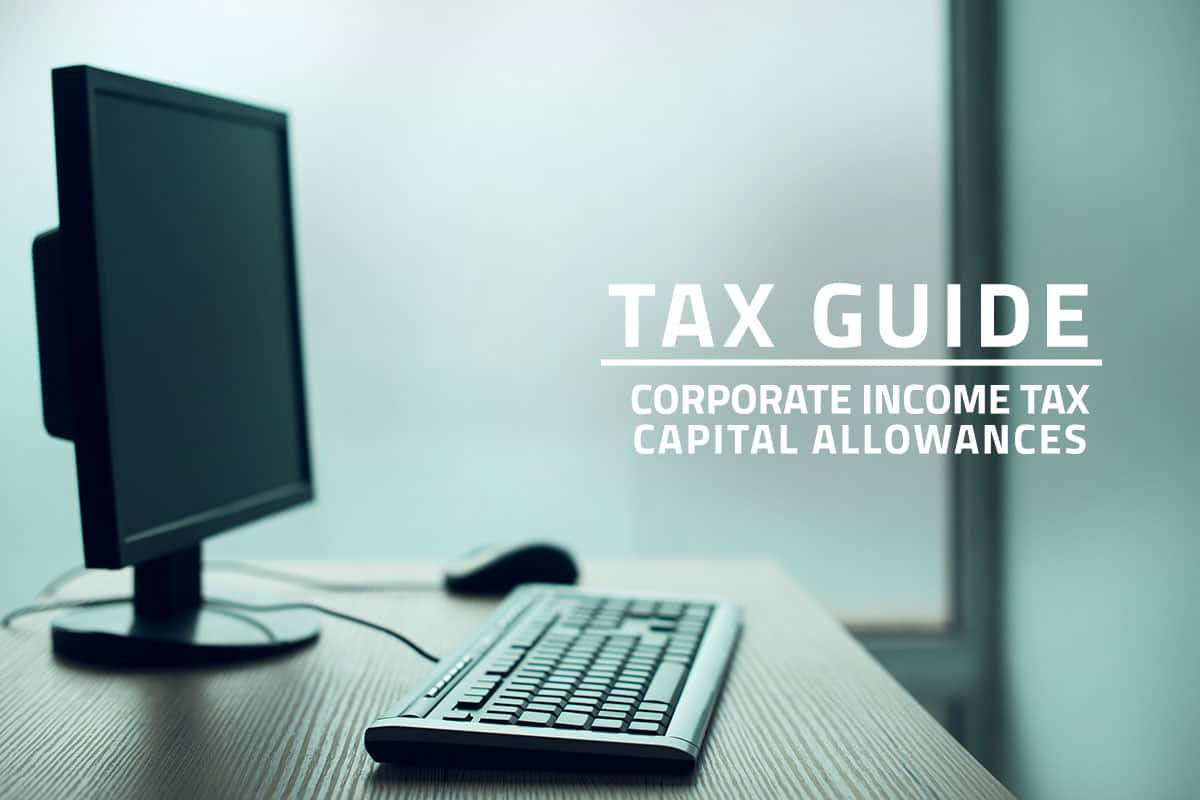What is a Statutory Audit?
As a fast-growing economic hub in the Southeast Asian region, the demand for professional audit and accounting services in Singapore continues to rise. To comply with the country’s statutory laws, Singapore companies must regularly submit their financial statements to a qualified auditor or registered public accountant for annual company audits at least once a year to further ensure their accuracy and impartiality.

The Singapore Companies Act
The Companies Act is the cornerstone of Singapore’s regulatory business environment. It establishes various stipulations regarding statutory audits for businesses and companies in Singapore.
Some of the most important rules established by the Companies Act concerning auditing procedures include:
- How auditors should be compensated for their services
- How to switch auditors in case of resignation or dismissal
- How regularly should a company conduct an audit
- Which companies are subject to statutory audits
What is an Audited Financial Statement?
The by-product of an external audit is usually known as an Audited Financial Statement. This report includes various statements including a Balance Sheet, an Income Statement, and a Cash Flow Statement, among others. The main task of an auditor is to evaluate the accuracy of the information reported through this document.
Appointment or Removal of a Company Auditor
All companies must appoint an auditor within 3 months of incorporation in Singapore. If an auditor resigns or is removed from the position, the company is obligated to appoint a new auditor. The ACRA may also appoint a new auditor for the company should the directors fail to comply with this requirement.
The Companies Act establishes the following procedure that must be followed to appoint new auditors:
If the auditor is removed from office
- The company must notify the auditor immediately about the removal.
- The company must appoint a new auditor through a decision approved by three-fourths of the attendees of a general meeting.
- The company must notify the Registrar regarding the removal.
If the auditor resigns
- A general meeting must be convened within the next 3 months after the resignation notice is received.
- The company must appoint a new auditor and notify the Registrar within 14 days after the appointment is approved by the general meeting.
In both cases, failing to comply with the regulations described above could lead to a fine of SGD5,000.
Which Companies Are Exempted from Audits?
Under the stipulations of the Companies Act, certain companies are exempt from having to conduct statutory audits:
- Small companies: A small company is a business that meets at least two of the criteria for the “small company” definition of the Accounting and Corporate Regulatory Authority (ACRA) in Singapore.
- Small groups: The same criteria apply to a subsidiary of another company or a company that is part of a larger group on a consolidated basis for the previous 2 financial years.
- Dormant companies: These are businesses that haven’t recorded any accounting transactions since they were formed or during the last financial year.
An exception to this rule applies if the Registrar deems a company is in breach of laws relating to the keeping of accounting records or laying of financial statements at its annual general meeting (AGM).
In such cases, the ACRA may require the entity to submit its audited financial statements and auditor’s report regardless of any qualifications for company audit exemption.
Overall, setting up a company and ensuring compliance with statutes included in the Companies Act can be a long and complicated process for many clients. Partnering with an experienced accounting firm is a step in the right direction to make sure your business or company complies with strict regulatory requirements in Singapore.
PWCO aims to ease this process and help clients focus on running their company. With a long history of providing professional services in the industry, our firm offers assistance in handling all statutory requisites for a hassle-free appointment, removal or switching of company accounting entities.
Related Posts
Debt Restructuring
Debt Restructuring A business debt restructuring exercise is a financial strategy tp assist companies facing…
Tax Guide: Singapore Capital Allowances
By law, all Singapore Companies are required to file annual income tax returns to the…
Quick Guide: IAS 20 – Accounting for Government Grants
This year, the COVID-19 crisis has adversely impacted the global economy. Singapore is no exemption,…
Singapore Guide: ISCA FRB 6 – Accounting for Jobs Support Scheme
This year, the COVID-19 pandemic has inevitably adversely impacted the global economy. Singapore companies and…











